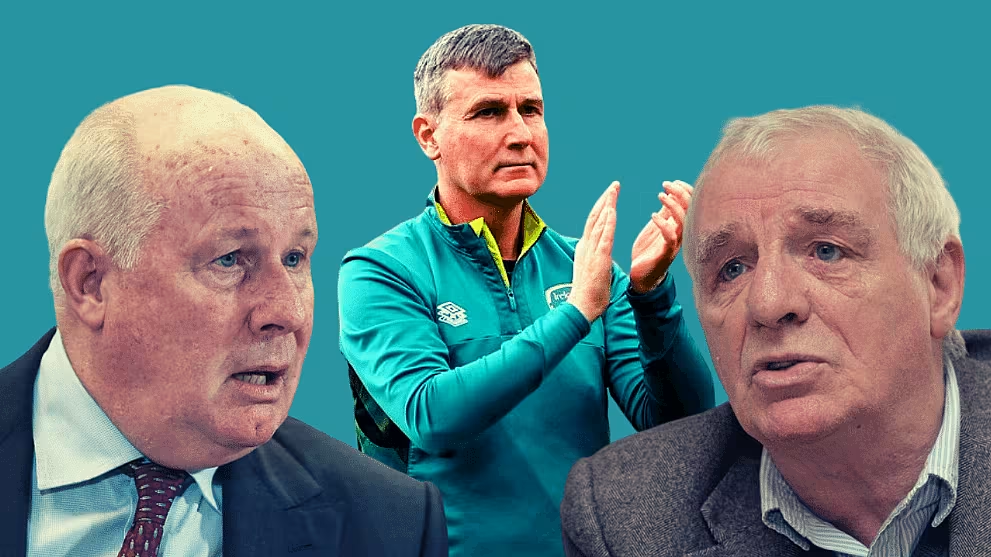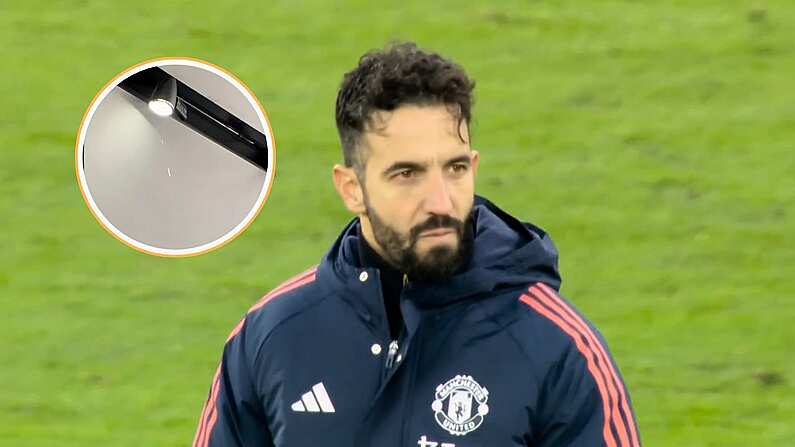England's performances in the last two major tournaments have certainly reversed a long streak of the country massively underperforming on the biggest stage.
While they have certainly been helped with favourable draws in both the 2018 World Cup and Euro 2020, Gareth Southgate has seemingly altered the culture within a team that had previously repeatedly failed to live up to their own hype.
A lot of that has come off the pitch. It is noticeable how much the players have concentrated solely on the football at these recent tournaments, especially in comparison to years gone by.
'WAG' culture was perhaps the best example of the previous generation's failings in this regard, with the tabloid coverage on this subject peaking in the mid-00s. England had no issue with allowing the wives and girlfriends of players to be in and around the camp at Euro 2004 and the 2006 World Cup, something that was then used to criticise the team when they inevitably fell short in the tournament itself.
Remember the absolute scenes the 2006 WAGs created. An iconic time to be alive. pic.twitter.com/Ckl2jJsEHf
— Nush (@chezzzaloud) April 14, 2022
David Beckham admits WAG Culture 'went too far'
As team captain, David Beckham had a big say in how England camps were set up for major tournaments. That included on the presence of wives and girlfriends, with Victoria Beckham going on to receive the most media attention out of those who made the trip to Portugal and Germany.
The whole situation is something he now feels could have been handled better.
Speaking on The Overlap with Gary Neville, Beckham said that while he still can see the benefits of having families in and around the camp at tournaments, he admits 'WAG' culture had gone too far by the time the World Cup rolled around in 2006.
Beckham: I always believes as an England captain that having the kids, wives, and girlfriends around wasn't a bad thing.
I totally understand that once you're in training camp, you're in training camp and you have to focus. But I think at the start of a tournament and after games, I don't think (having the wives and girlfriends there) is a bad thing.
Looking back, that whole culture at the time, there was a lot of attention around that. Whether people behaved themselves in the right manner, I don't know...
Neville: I think in 2006, it went over the top a little bit. It lost that little bit of balance, I think it went too far and became a bit of a circus. Victoria wasn't even there in 2006, I think she came for one game, so it wasn't even related to the most famous wife or girlfriend.
I thought the balance tipped too far.
Beckham: Even Victoria now, she is the first to say it now when she looks back 'what was I doing, what was I wearing, why would I do that'...
I think it did (go too far). There was more spoken about the wives and girlfriends than there was about the football. At that time, especially for the players more than anything, you want to focus on the tournament rather than anything else.
I do think it went too far, but I also do believe that having the wives, girlfriends, and families around at the right time is a good thing.
England have since moved away from this setup in order to avoid media scrutiny, something that has probably helped them in being viewed in a more favourable by the public in the country.
While the way things were done in the 00s ended up being a mistake, they probably can't blame if for their failures the pitch.











